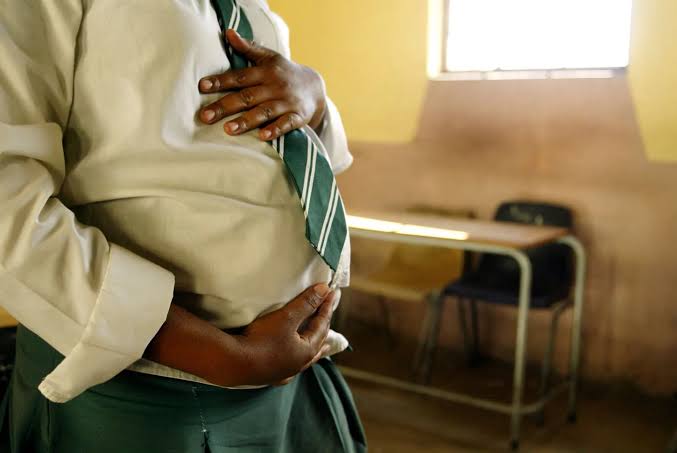More than 100 000 teenagers are getting pregnant each year in South Africa.
Germiston News report: there are thousands of kids getting pregnant in South Africa, which has become alarming and solution must be found to protect children from having unprotected sex.
Below is the stats given by the minister:
The Department of Women, Youth and Persons with Disabilities has raised concerns about the economic consequences of teenage pregnancy in the country.
Women, Youth and Persons with Disabilities Minister, Nkosazana Dlamini-Zuma, said the phenomenon of teenage pregnancy has devastating social and economic costs.
“Early pregnancy in South Africa forces many girls to drop out of school and trap others in a cycle of poverty and leaves most stigmatised by society for being teenage mothers or forced into early marriages,” Dlamini-Zuma said.
Dlamini-Zuma said the country continues to show the highest rate of teenage pregnancy globally, with nearly one in four girls falling pregnant before the age of 20 years.
Dlamini-Zuma said South Africa has recorded an estimated 150 000 girls between the age group of 10 and 19 years old, falling pregnant in the 2022/23 financial year.
“What is particularly disheartening is that individuals who became parents during this period were hardly teenagers, with some cases reported constituting statutory rape. The phenomenon of teenage pregnancy has devastating social and economic costs.
“Early pregnancy in South Africa forces many girls to drop out of school and trap others in a cycle of poverty and leaves most stigmatised by society for being teenage mothers or forced into early marriages,” Dlamini-Zuma said.
The Minister reiterated that working together with both public and private sector stakeholders to act against those who continue with the act of impregnating teenage girls by reporting them to law enforcement authorities is the first step towards ending teenage pregnancy, while providing psycho-social support is particularly important.
She said the prevention of teenage pregnancies will contribute to the promotion and protection of the rights of the girl child, among others.
Dlamini-Zuma also emphasised the need for coordinating and redirecting efforts to the hardest hit areas, with a specific focus towards prevention, early intervention, and impactful evidence-based programmatic interventions.
